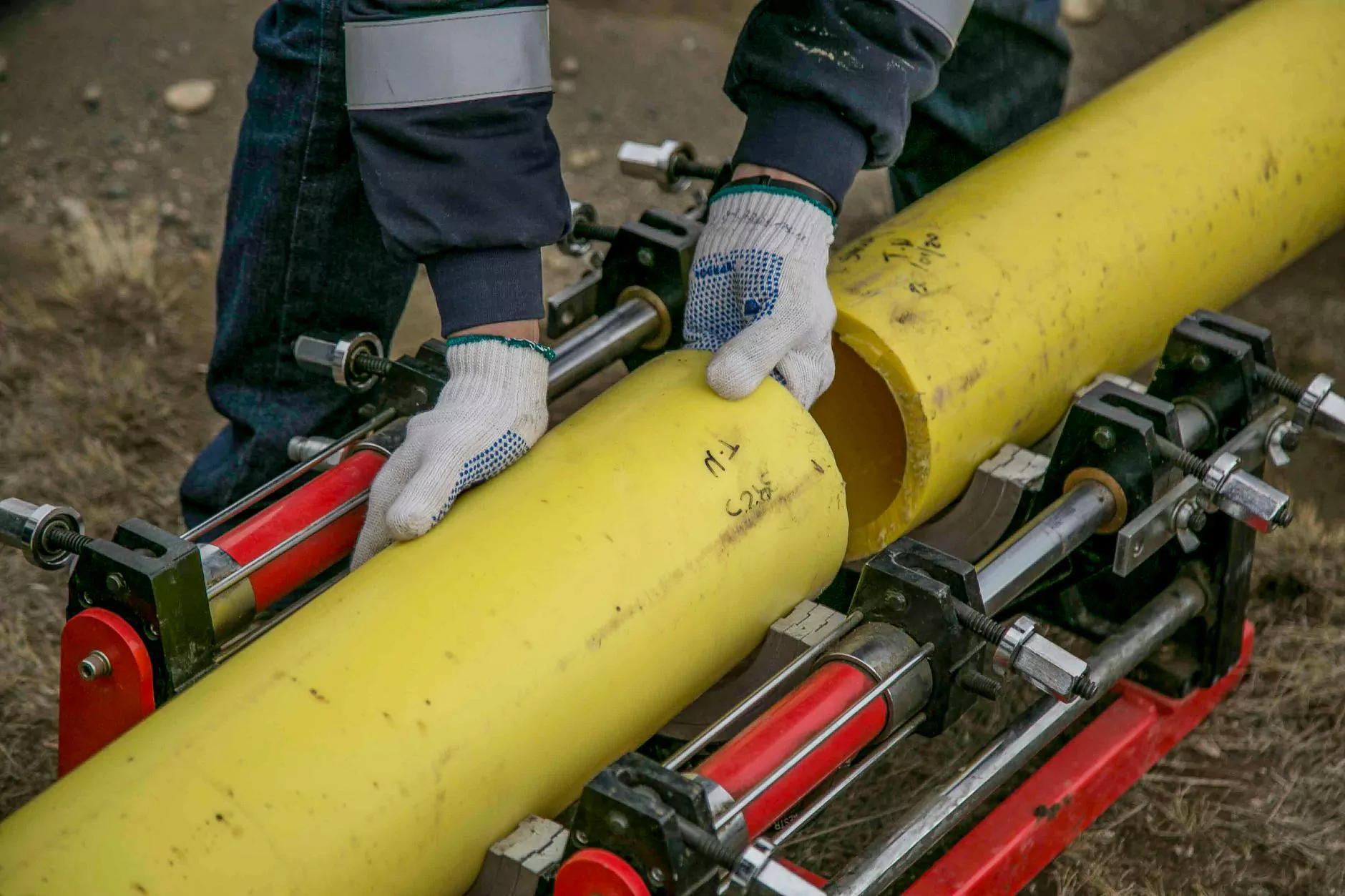Unlocking the Potential of Hydraulic Distributors

Introduction to Hydraulic Systems
In the realm of mechanical engineering and machinery, hydraulic systems play a crucial role in facilitating various operations. These systems are designed to use liquid under pressure to generate power and control motion. The heart of many hydraulic systems is the distributor hydraulic, which governs the flow and direction of hydraulic fluid, making it pivotal for optimal performance.
The Role of Hydraulic Distributors
Hydraulic distributors are integral components that manage the distribution of hydraulic fluid within a system. They ensure that every part of the machinery receives the necessary hydraulic pressure. Their functions can be summarized as follows:
- Flow Control: Regulates the amount of hydraulic fluid circulating through the system.
- Direction Control: Determines the path taken by the hydraulic fluid, directing it to various actuators or components.
- Pressure Management: Maintains optimal pressure levels to prevent system failures or inefficiencies.
Understanding Hydraulic Components in Auto Parts & Supplies
In the automotive and motorcycle industries, hydraulic systems are ubiquitous. From brakes to clutches, hydraulic components enhance the performance and safety of vehicles. The distributor hydraulic is particularly vital for the following reasons:
1. Enhanced Performance
The efficient distribution of hydraulic fluid enables quicker response times in machinery, especially in braking systems where immediate action is required to ensure safety.
2. Precision Control
In vehicles, precise control over hydraulic systems permits finer adjustments, which improve overall maneuverability and user experience.
3. Increased Longevity of Components
Proper hydraulic distribution minimizes wear and tear on components, resulting in longer service life and reduced maintenance costs.
Applications of Hydraulic Distributors
Distributor hydraulics are not limited to automotive applications. They are widely used in various sectors, including:
- Aerospace: Used in landing gear systems and flight control surfaces.
- Construction: Powering excavators, bulldozers, and other heavy machinery.
- Agriculture: Facilitating functions in tractors and harvesting equipment.
Types of Hydraulic Distributors
There are several types of hydraulic distributors, each designed for specific applications:
1. Directional Control Valves
These are designed to direct the flow of hydraulic fluid within a circuit.
2. Flow Control Valves
These manage the speed of hydraulic actuators by adjusting the flow rate of fluid.
3. Check Valves
These prevent backflow in a hydraulic system, ensuring fluid moves in one direction.
Choosing the Right Hydraulic Distributor
When selecting a hydraulic distributor for your application, consider the following factors:
- Fluid Compatibility: Ensure the materials used in the distributor are compatible with the hydraulic fluid.
- Pressure Ratings: Choose a distributor that can handle the system's maximum hydraulic pressure.
- Flow Requirements: Determine the necessary flow rate to ensure your system operates effectively.
Advantages of Using Quality Hydraulic Distributors
Investing in high-quality distributor hydraulics pays off in numerous ways:
1. Reliability
High-quality distributors offer dependable performance under various operating conditions.
2. Efficiency
Quality components minimize energy loss, optimizing overall system efficiency.
3. Safety
Reputable distributors provide peace of mind, as they reduce the chances of leaks and failures that could lead to accidents.
Innovations in Hydraulic Distributor Technology
The hydraulic system industry is constantly evolving, with innovations aimed at improving efficiency and functionality:
- Smart Hydraulics: Integration of sensors and IoT technology for real-time monitoring and adjustments.
- Compact Designs: Advances in engineering have led to more compact distributors that save space without compromising performance.
- Environmentally Friendly Fluids: New materials and fluids are being developed to reduce environmental impact.
The Importance of Proper Maintenance
To ensure the longevity and optimal performance of hydraulic distributors, regular maintenance is crucial. Key maintenance practices include:
- Routine Inspections: Regularly check for leaks, wear, and tear.
- Fluid Quality Checks: Ensure that the hydraulic fluid is clean and at the right level.
- Component Replacement: Replace old or worn components promptly to avoid system failures.
Conclusion
In conclusion, distributor hydraulics are essential components in automotive and motorcycle applications, ensuring the efficient operation of hydraulic systems. With advancements in technology and a focus on quality, these distributors are becoming more efficient and reliable.
If you want to explore a wide range of hydraulic products, consider visiting Shop Hydraulic America, where you can find various auto parts and supplies that cater to your specific hydraulic needs. Remember, the key to success in any hydraulic application lies in selecting the right components and maintaining them well.








